Cat Runs Out of the Litter Box While Pooping? Read This Now
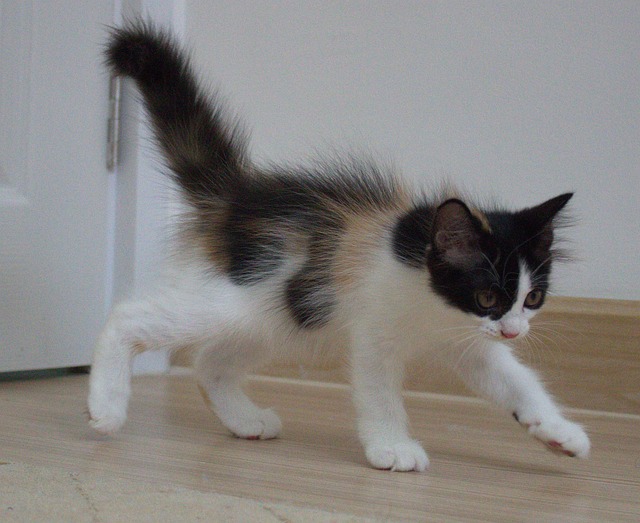
Look, here's the deal:
You're minding your own business, cleaning up your cat's mess, when suddenly they decide to sprint out of the litter box like it's on fire. 🐱
It's a poopocalypse that leaves you feeling frustrated and wondering why.
But hang on, because in today's guide, we're going to solve this pawsitively puzzling problem.
Let's get started, shall we?
How to Prevent Your Cat From Running Out of the Litter Box
Is your cat bolting from the litter box?
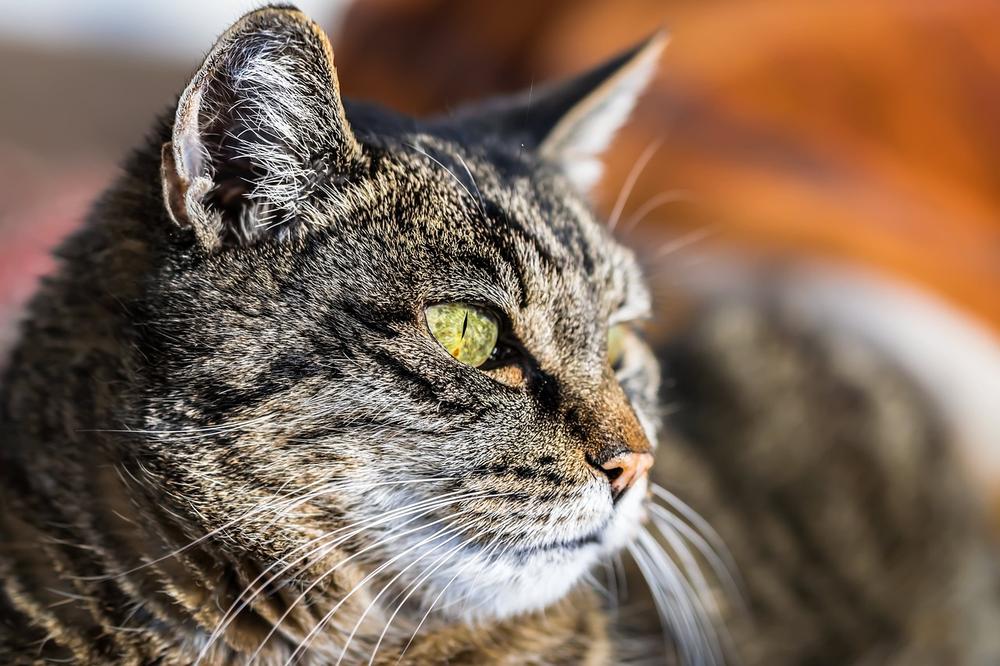
No worries, I've got some ideas for you:
- First off, create a cozy spot where your cat can chill out and feel safe.
- Make sure the litter box is easy to reach and tucked away in a peaceful spot.
- Experiment with different types of litter – everyone's got their preferences.
- Give your kitty options by having multiple litter boxes around your place.
- Keep that box tidy by scooping it daily and changing the litter weekly – cats are clean freaks.
- Check if the litter box is roomy enough for your cat to move about.
- If your cat struggles with age or mobility, get a lower-sided box or DIY ramps and steps.
- Sort out any potential stress factors by smoothing over conflicts and giving playtime and routine.
- And finally, if things don't improve, talk to your vet for further advice.
Stick with these tips and hopefully, your cat won't bolt from the box anymore. Both you and your furry pal will be happier for it! 😺
Main points I'll expand upon further down this article:
- Cats may run out of the litter box while pooping due to physical issues like arthritis, obesity, or pain.
- Discomfort caused by constipation, urinary tract infections, or dry stool can also lead to this behavior.
- Activation of the vagus nerve during bowel movements can cause cats to run around.
- Cats may run away to avoid predators or distance themselves from their scent after defecation.
- Some cats exhibit independent behavior or dislike the smell of their waste.
- Post-poop zoomies are common and occur during dawn or dusk.
- Understanding cat behaviors and emotions is important.
- Issues with the litter box itself can contribute to cats not finishing in it.
- Medical problems should be ruled out, especially in elderly cats or if accompanied by other symptoms.
- Distress or anxiety may be a reason for cats to avoid using the litter box.
But what about the emotional and psychological factors that could be contributing to your cat's behavior?
This is where things get interesting...
Understanding Why Cats Run While Pooping
When cats run while pooping, it can be a puzzling thing for you to understand. Let's go through some possible reasons behind this:
- Physical issues: Cats may experience things like arthritis, obesity, pain, constipation, urinary tract infections, or dry stool, which can make them run out of the litter box while pooping.
- Activation of the vagus nerve: When cats poop, their vagus nerve gets stimulated, and that can give them sudden bursts of energy, making them start running around.
- Avoiding predators: Some people think that cats run away after they poop to distance themselves from the smell and avoid attracting potential predators.
- Disliking waste smell: Some cats have independent behavior or just don't like the smell of their own waste, so they prefer to leave the litter box as soon as possible.
- Feeling euphoric: Cats might feel a sense of relief or satisfaction after they've eliminated, which can make them hyperactive or playful afterward.
- Natural instinct: Running out of the litter box could be a natural instinct in cats, kind of like mimicking behaviors related to hunting in the wild.
You must remember that these explanations give us some understanding of cat behavior, but you should know that occasional instances of post-poop zoomies are usually harmless and not a sign of any underlying health problems.
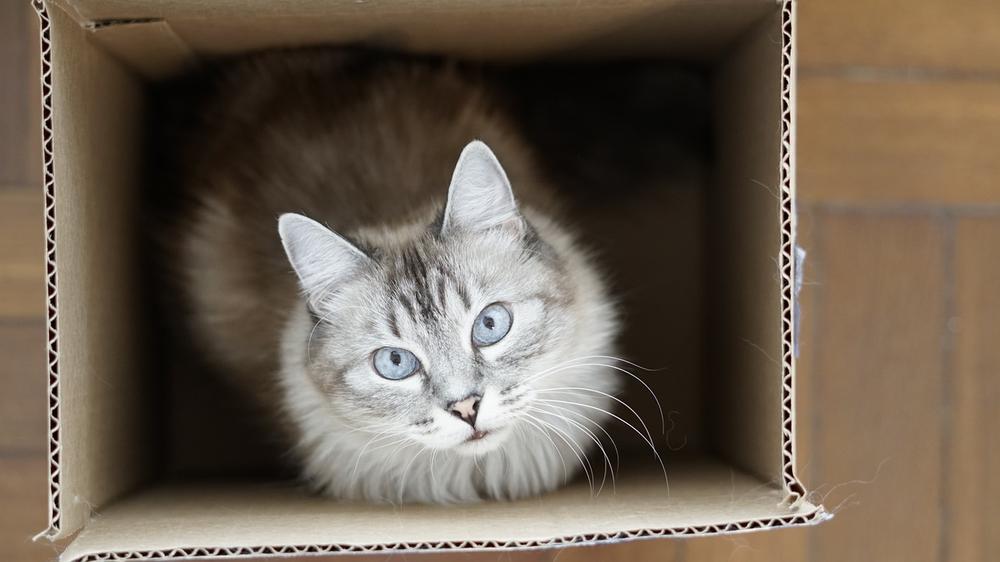
To further explore your furry friend's intriguing behaviors, I recommend diving into my insightful guide: Why Does My Cat Sit in the Bathtub.
In this article, I have deciphered the perplexing tendency of cats to cozy up in your bathtub and uncovered potential explanations.
So, if you're still pondering your kitty's mysterious behaviors, this article will undoubtedly provide you with some insightful answers and valuable information.
Common Issues When Cats Don't Finish Pooping in the Litter Box
To ensure your cat is comfortable in the litter box, ensure it's the right size for them.
Cats don't like feeling cramped or confined while doing their business, just like you wouldn't.
If they're uncomfortable, they might find somewhere else to go.
Cats are picky about their litter box conditions. If their poop is stuck or loose, they may start running and hopping around trying to fix it.
But finding poop outside the box doesn't necessarily mean they're on the run.
Other factors like diarrhea or constipation could be causing the problem too.
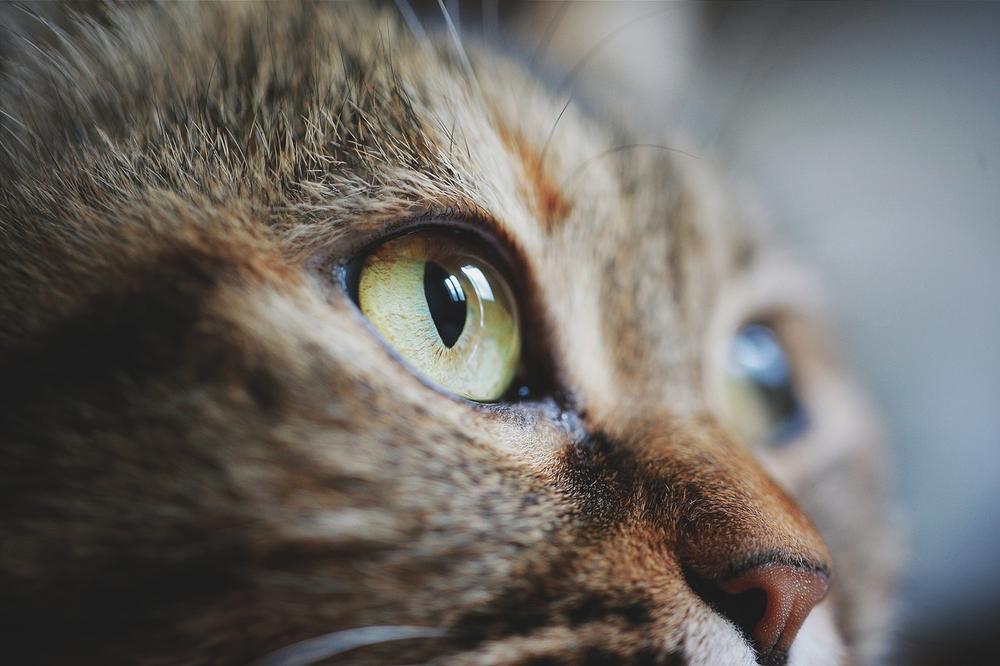
So, consider all possibilities before assuming anything.
Sometimes accidents happen, and it's not always the cat's fault if they don't finish pooping in the litter box. They might experience discomfort or pain, leading them to hurry out mid-poop.
Keep an eye out for signs of distress, like excessive meowing or strange postures.
It means they need extra care and attention.
Understanding the reasons behind these mishaps requires investigation, and you might even need to consult with a professional. So, if the problem persists, reach out to a vet.
But what if your cat's behavior goes beyond just running out of the litter box while pooping?
What if there are other signs of discomfort or changes in their in essence behavior that you can't ignore?
Well, let me tell you, observing your cat's behavior is crucial in identifying any possible medical causes for their unusual litter box habits:
Recognizing Signs of a Secretly Sick Cat
When your cat is acting strange, you have to pay attention. Changes in litter box behavior can be a red flag for illness.
Here's what you should look out for:
- If your cat consistently poops outside the litter box, they could be in pain or discomfort. This might mean there's something going on with their bowels, like inflammation or infection. 👩
- Avoiding the litter box altogether is a big indication that something is wrong. Don't ignore this behavior - your cat might be feeling sick or uncomfortable.
- If your cat runs off and hides right after using the litter box, it could mean they're experiencing pain while pooping. This isn't normal and should be addressed.
- Pay attention to any other symptoms too, like excessive grooming, loss of appetite, or changes in behavior. When combined with litter box issues, these signs may point to a bigger health problem.
If you notice any of these signs, don't hesitate to seek veterinary help.
Finding the cause of your cat's discomfort and treating any underlying conditions early is crucial for their well-being.
And it gets better...
There's one more potential reason why your cat may be avoiding the litter box.
In the next section, we'll explore how neutering or spaying your cat can help address territorial marking behaviors and alleviate distress.
But that's not all - we'll also share a simple cleaning trick that can discourage repeat incidents.
Curious?
Keep reading to find out!
Addressing Cat Spraying Issues
Neutering or spaying your cat helps reduce territorial marking, just like with dogs. If your cat avoids the litter box, it could mean they're distressed.
To tackle this problem, clean the areas where your cat eliminates outside the box.
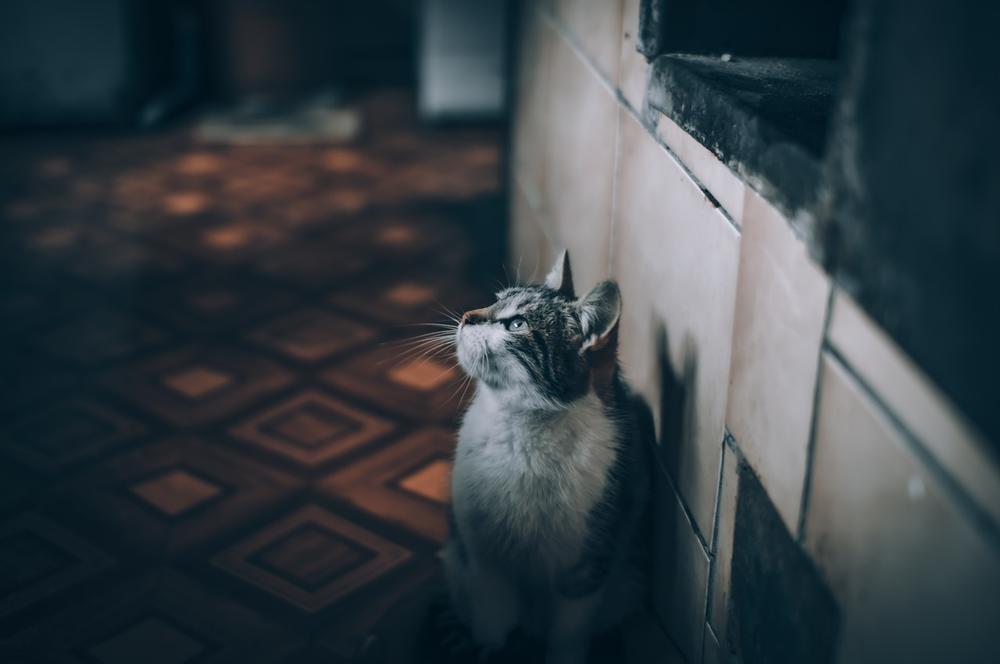
An enzymatic cleaner works best because it deters them from doing it again.
Cats are creatures of habit. By cleaning up their messes promptly and thoroughly, you signal that those spots aren't suitable for elimination.
Keep in mind, however, that some medical conditions can also cause litter box avoidance.
If the issue persists, consult a veterinarian to rule out any underlying health concerns.
And that wraps up today's article.
Before you leave, can I ask you something? Did my blog post turn out to be useful for you? If it was, I would genuinely love it if you shared it with your loved ones. You just have to click on any of the social media sharing icons and it's done in an instant! Thank you so much!
Talk soon,
-Sarah Davis